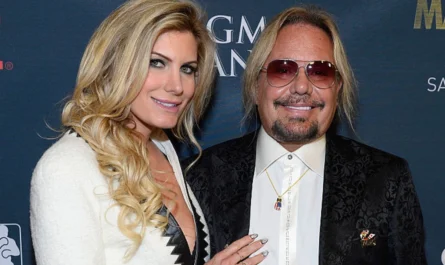Frankie Goes to Hollywood’s Holly Johnson has shared details about his encounters with Queen frontman Freddie Mercury at gay bars. He revealed their interactions in a recent interview with NME.
Johnson’s comments came in response to discussing how his band’s hit “Relax” prevented Queen’s “Radio Ga Ga” from reaching Number One on the charts.
When asked “Ever talk to Freddie Mercury about it?” Johnson provided insight into their personal encounters.
“The fact that ‘Relax’ kept Queen’s ‘Radio Ga Ga’ off Number One must have been like a knife through the heart for poor Freddie [Mercury], because no one had heard of us the week before,” Johnson said.
He then elaborated on their actual interactions outside of the music charts.
“No, we exchanged looks in gay bars – but they were friendly looks!” Johnson continued. “I was shy and would go to gay bars on my own, so I wouldn’t approach Freddie with his entourage. We weren’t best mates, put it that way. We smiled at each other, though.”
The chart battle between these two iconic tracks represents one of the most significant moments in 1980s British music history.
Official Charts reported that “Relax” spent five weeks at the top of the UK charts. The song became one of the best-selling singles in the UK with over 2 million copies sold. The song’s success was particularly remarkable given that Frankie Goes to Hollywood was virtually unknown before its release.
The impact of “Relax” extended beyond just blocking Queen from the top spot. Official Charts documented that Frankie Goes to Hollywood made history by becoming the first act since Gerry & The Pacemakers in 1963 to top the UK Singles Chart with their first three singles. This unprecedented achievement solidified their place in British music history.
Meanwhile, Queen’s “Radio Ga Ga” was itself a significant cultural statement. Official Charts noted that the song addressed the shift in popularity from radio to television. This theme resonated strongly with the public during the mid-1980s. The track became one of Queen’s most recognizable anthems despite being kept from the number one position.
The revelation offers a glimpse into the personal side of two iconic figures from the 1980s music scene. It shows how professional competition coexisted with mutual respect in London’s vibrant nightlife culture.





